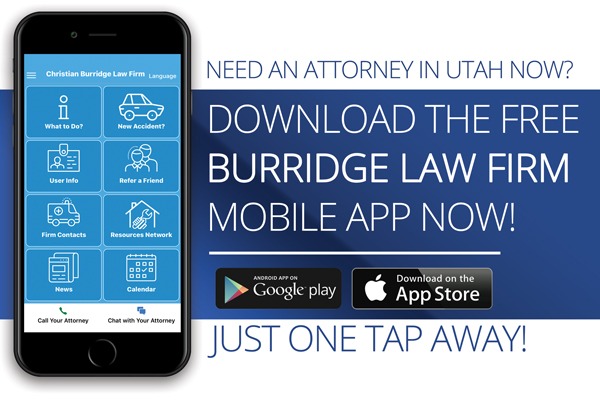Understanding the timeline of a wrongful death case can help families prepare emotionally and practically for the legal journey ahead. While each case is unique, most wrongful death claims in Utah follow a general progression. This article outlines what you can expect at each stage of the process.
Initial Consultation (1-2 Weeks)
The process begins when you first meet with a wrongful death attorney. During this consultation:
- You’ll share details about your loved one’s death
- The attorney will evaluate whether you have a viable claim
- You’ll discuss fee arrangements and representation terms
- Initial paperwork may be completed if you decide to proceed
Most reputable Utah wrongful death attorneys offer free initial consultations.
Investigation Phase (2-6 Months)
Before filing a lawsuit, your attorney will conduct a thorough investigation:
- Gathering police reports, medical records, and death certificates
- Interviewing witnesses
- Consulting with experts (medical professionals, accident reconstructionists, etc.)
- Researching applicable laws and precedents
- Identifying all potentially liable parties
This phase is crucial for building a strong foundation for your case.
Pre-Litigation Negotiations (1-3 Months)
Once the investigation yields sufficient evidence, your attorney may:
- Send a demand letter to the responsible parties
- Initiate settlement discussions with insurance companies
- Present evidence supporting your claim
- Negotiate compensation amounts
Some cases resolve at this stage, particularly when liability is clear.
Filing the Lawsuit (If Necessary)
If pre-litigation negotiations don’t yield a fair settlement, your attorney will file a formal lawsuit:
- Preparing and filing a complaint with the appropriate Utah court
- Serving the defendants with legal papers
- Paying court filing fees
- Establishing the case on the court docket
This formal step begins the litigation process.
Discovery Phase (6-12 Months)
Discovery involves the exchange of information between parties:
- Written interrogatories (questions that must be answered under oath)
- Requests for document production
- Depositions (recorded interviews under oath)
- Medical examinations
- Expert witness reports
This phase often takes the longest, as both sides gather and analyze evidence.
Mediation and Settlement Negotiations (1-3 Months)
Many Utah courts require mediation before a trial:
- A neutral third party facilitates settlement discussions
- Both sides present their positions
- The mediator helps identify potential compromise solutions
- If successful, a settlement agreement is drafted and signed
The majority of wrongful death cases settle during this phase.
Trial (If Necessary) (1-2 Weeks)
If settlement efforts fail, the case proceeds to trial:
- Jury selection
- Opening statements
- Presentation of evidence and witness testimony
- Expert testimony
- Closing arguments
- Jury deliberation and verdict
Trials are emotionally demanding but sometimes necessary to secure just compensation.
Appeals (If Applicable) (1-2 Years)
Either party may appeal the verdict, which can extend the timeline significantly.
From initial consultation to resolution, wrongful death cases typically take 1-3 years in Utah, though simpler cases may resolve more quickly while complex ones may take longer. Throughout this process, your attorney should provide regular updates and guidance, helping you navigate this difficult journey with as much clarity as possible.
People also ask:
What is the most you can sue for wrongful death? In Utah, economic damages in wrongful death claims have no statutory cap, meaning there’s no legal limit on compensation for measurable financial losses. The final amount depends on factors such as the deceased’s age, earning capacity, and the circumstances of the death. While some states cap non-economic damages, Utah approaches these on a case-by-case basis.
What is the wrongful death lawsuit in Utah? A wrongful death lawsuit in Utah is a civil action filed when someone dies due to another party’s negligence, recklessness, or intentional misconduct. Utah law specifies that these claims must be brought by the personal representative of the deceased’s estate for the benefit of the heirs. The lawsuit seeks compensation for both financial losses and the emotional impact of the death.
What is the difference between wrongful death and survival action? In Utah, wrongful death claims focus on compensating the family members for their losses resulting from the death, including lost financial support and companionship. Survival actions address the deceased’s pain, suffering, and financial losses between the time of injury and death. Wrongful death claims belong to the heirs, while survival actions belong to the deceased’s estate.



